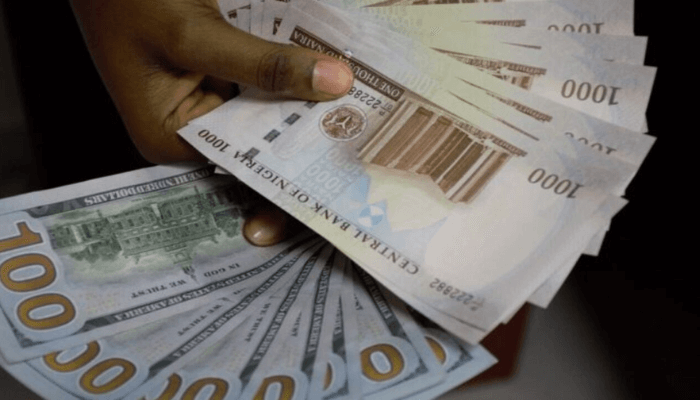The persistent decline in the value of the naira has become a matter of concern, sparking debates and discussions about the factors contributing to this economic challenge. Understanding the dynamics behind the falling value of the naira is crucial for policymakers, businesses, and citizens alike.
The global economic environment plays a significant role in shaping the value of currencies. External factors such as fluctuations in oil prices, geopolitical tensions, and the overall health of the global economy can impact investor confidence in the Nigerian economy, affecting the demand for the naira.
Nigeria’s foreign exchange reserves are a critical buffer against external shocks. Depleting reserves can create uncertainties about the country’s ability to meet its foreign exchange obligations, leading to a loss of confidence in the naira.
Nigeria’s heavy reliance on oil exports exposes the economy to the volatility of oil prices. Since oil constitutes a significant portion of the country’s foreign exchange earnings, any downturn in oil prices can adversely affect the naira’s value.
Persistent trade deficits can exert pressure on the naira. A situation where the value of imports exceeds that of exports leads to increased demand for foreign currencies, contributing to the depreciation of the naira.
High inflation rates erode the purchasing power of a currency. In Nigeria, inflationary pressures can be driven by a range of factors, including supply chain disruptions, fiscal policies, and external economic conditions, all of which impact the value of the naira.
The Central Bank of Nigeria (CBN) plays a crucial role in managing the foreign exchange market. The effectiveness of its policies, such as exchange rate controls and interventions, can influence the naira’s value. However, mismatches between official rates and market realities can create distortions.
The CBN’s monetary policy decisions, including interest rates and liquidity management, can impact the attractiveness of the naira to investors. Policy inconsistencies or uncertainties may contribute to a loss of confidence.
Nigeria faces infrastructural deficits that hinder economic productivity. Insufficient infrastructure can limit the competitiveness of local industries, exacerbating trade imbalances and impacting the value of the naira.
The over-reliance on oil as the main revenue source highlights the need for economic diversification. Efforts to diversify the economy and promote non-oil sectors could positively impact the naira’s resilience to external shocks.
The falling value of the naira is a complex issue influenced by a myriad of factors, both internal and external. Addressing this challenge requires a comprehensive and coordinated approach, encompassing prudent fiscal policies, strategic economic diversification, and effective management of foreign exchange reserves. Stakeholders, including the government, central bank, and private sector, must collaborate to implement measures that enhance the naira’s stability, bolster investor confidence, and pave the way for sustainable economic growth.





